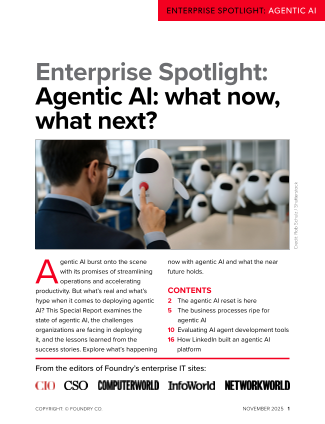#multicloud
#multicloud
[ follow ]
#hybrid-cloud #cloud-security #vendor-lock-in #cloud-strategy #governance #cloud-migration #aws #interconnect
fromTechzine Global
1 month agoAWS and Google Cloud join forces with multicloud network service
AWS and Google Cloud announce a joint network solution that enables organizations to connect the two cloud platforms more quickly and easily. The introduction follows a period in which more and more companies are adopting multicloud strategies but are encountering complex, time-consuming network configurations. AWS makes it clear that this is a preview of the new service, with Google Cloud being the first partner with which the link has been made operational.
Tech industry
fromThe Hacker News
3 months agoWhy Organizations Are Abandoning Static Secrets for Managed Identities
For decades, organizations have relied on static secrets, such as API keys, passwords, and tokens, as unique identifiers for workloads. While this approach provides clear traceability, it creates what security researchers describe as an "operational nightmare" of manual lifecycle management, rotation schedules, and constant credential leakage risks. This challenge has traditionally driven organizations toward centralized secret management solutions like HashiCorp Vault or CyberArk, which provide universal brokers for secrets across platforms.
Information security
fromInfoWorld
3 months agoThe rise of purpose-built clouds
Historically, many enterprises have avoided multicloud deployments, citing complexity in managing multiple platforms, compliance challenges, and security concerns. However, as the need for specialized solutions grows, businesses are realizing that a single vendor can't meet their workload demands. In practice, this may look like using AWS for machine learning hardware, Google Cloud for Tensor Processing Units (TPUs), or IBM's industry-specific solutions for sensitive data.
EU data protection
Tech industry
fromTechzine Global
4 months agoVultr and FluidCloud accelerate multicloud migration with AI
Cloud Cloning with Vultr enables migration from any cloud to Vultr within minutes without interruption, improving portability, cost control, and operational continuity for AI-driven organizations.
[ Load more ]








